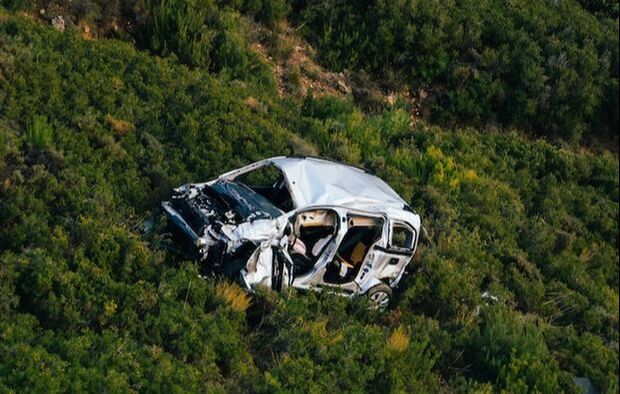|
When a vehicle is in an accident, the insurance company assesses the damage. How does the insurer quantify the damage and if a car is a total loss? The calculation may be a surprise to you. Here are the details: Inspection: An adjuster from the insurance company will inspect the vehicle and take pictures of the damage to provide evidence to support their assessment. No surprise.
Estimation: The adjuster will then estimate the cost of repairing the vehicle based on the extent of the damage. They take into account other factors that could affect the cost, such as the age and condition of the car, the availability of replacement parts, and the labor costs for the repairs. No surprise. Valuation: Once the cost of repairs has been estimated, the adjuster will then determine the actual cash value (ACV) of the car. The ACV is based on the car's pre-accident value, which takes into account factors such as the car's age, mileage, and condition. The ACV is then adjusted for depreciation. No surprise. Comparison: The insurance company will then compare the cost of repairs to the ACV of the car. Historically, if the cost of repairs exceeded the ACV, the car would be deemed a total loss. Now, many insurers lower that threshold to a percentage of the ACV. For example, if the damage exceeds 70-75% of the ACV, they consider it totaled. In this case, if the vehicle's ACV is $10,000 and the damage is estimated at $7,600, it's considered totaled. Surprise! Why isn't the vehicle considered repairable? Because an estimate is just that, an estimate. Based on historic repair data, insurers can estimate more exactly what the cost is likely to be once the inside of the vehicle is uncovered and more damage is found. This is even more of a reality as certain additional technology has become standard on vehicles, and the cost of repairs has soared. If this happens to you, your insurer will pay you the actual cash value (ACV) of your vehicle, which is its value before the accident minus any depreciation. It will then take possession of the vehicle and sell it for salvage. This can happen quickly after the insurer makes that determination, This is where working with an independent insurance expert who has your best interest at heart is a significant advantage to you. He is experienced with these situations and will advise you well ahead of time of what to anticipate so you'll be thinking of next steps and not get caught off guard, including: - understanding and anticipating the possibility of your vehicle being totaled and the timing of these events - cleaning out all your possessions in your vehicle before the insurer takes possession and you no longer have access - planning your best option for replacing your transportation Scenarios like this underscore why you shouldn't make insurance decisions alone. An independent insurance expert can provide invaluable assistance, especially when you experience unexpected turns to your situation. Comments are closed.
|
AuthorDennis Lam Archives
July 2024
Categories
All
|

 RSS Feed
RSS Feed
